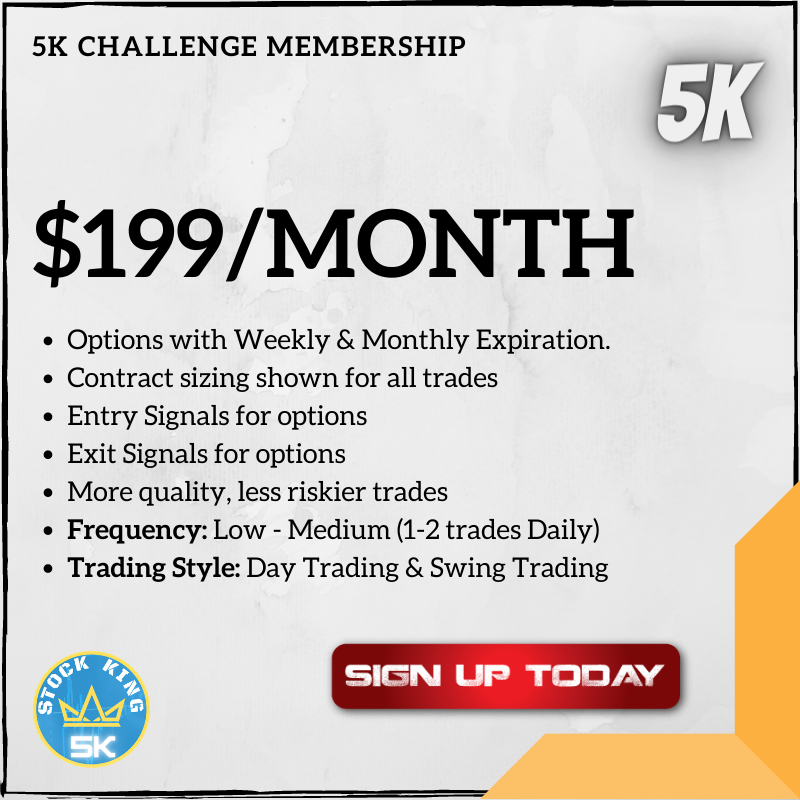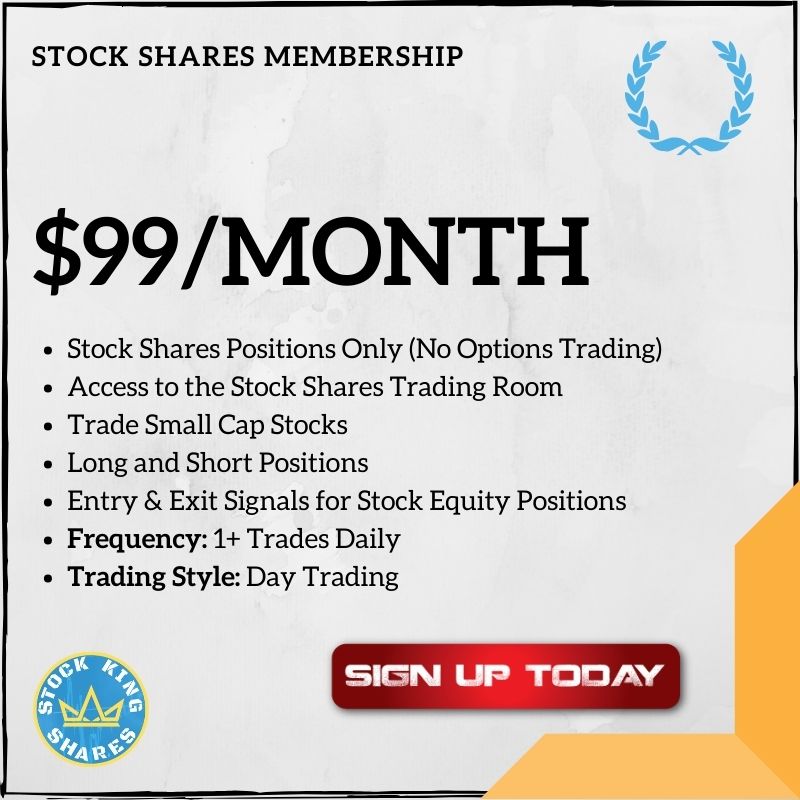
Stock Option are rights. Buying options means buying rights. The purchase of a stock option is a stock transaction to buy or sell certain shares at a fixed price defined by a certain period. Paying the price is then called a premium. All you need is to find the best Stock Option Channel before stepping into buying options.
Call/Put
You may be wondering what the content of that right is. With a Call option, you have the right to buy. With a put option, you have the right to sell. There are, therefore, two types of options, Call and Put. Call options on shares allow the holder to buy shares, and put options allow the holder to sell shares. Make sure you have a hold on the Stocks Alerter.
Trading Unit
The unit of negotiation is called the “contract.” Each option contract traded on the MEFF Exchange represents 100 shares. Exceptionally due to corporate decisions, capital increases or reductions, “splits,” etc., some contracts may temporarily have a nominal value other than 100 shares per contract on some maturities.
Expiration date
Options have an expiration date. That is, your right has an expiration. You can choose the expiration of your right, that is, your Call option or your Put option. MEFF Exchange’s expiration dates are the third Friday of the expiration months. Likewise, certain options with “non-standard” dates can also be registered with the Chamber (BME Clearing). For example, stock options with an expiration date and strike price and American or European style. Stay tuned to the Stock Option Channel.
Strike Price
In your right to buy (Call Options) or sell (Put Option), you can also choose the price you wish to buy or sell the shares.
The price at which an option holder has the right to buy or sell the shares is called the Strike Price.
Premium (the Price of the Option)
In financial jargon, the price of the Option is called Premium. It is the price paid by the option buyer to the seller for acquiring the right to buy or sell a stock. Remember that each stock options contract represents 100 shares with the exceptions noted.
Premiums are quoted per share. Therefore a premium of 25 means that the right to buy or sell is worth 25 dollars/share x 100 shares/contract = 2,500 dollars/contract.
Buyers and Sellers
The buyer of a Call option holds the right to buy shares, and the buyer of a Put option buys the right to sell shares. As in any other market, when someone buys, someone must be on the other side of the transaction. That is, someone must sell, and vice versa. This other party, the seller, is the one that sells the right to buy in the case of Call options and sells the right to sell in the case of Put options.
Having bought the stock option, the buyer becomes the holder of a right, and as we have discussed, he has the right, but not the obligation, to buy or sell the shares. If he wishes, the buyer can become a seller and sell the Option (which he bought) in the Market before the Expiration Date.
The seller of Call options is obliged to sell (or buy the shares if he is a Put seller) if required by the buyer. The seller, if he wishes, can become a buyer and repurchase the Option (which he sold) on the Market, thus canceling his obligation.
In any normal transaction, if someone sells something, it is because he had previously bought it, and for that reason, he can sell it. Note that in the Options Market, you can sell options without buying them first. This novelty seems not easy to assimilate at first, but very important in trading with options. To sell options, guarantees must be deposited (see the Guarantees section).
Early Exercise
When the holder of an option exercises his right in advance, that is, he exercises his right before the Expiration Date, it is allocated proportionally among the option sellers, who must comply with their obligation.
This is a way of investing or trading options.
Consequently, with the stocks alerter, you can buy or sell options without waiting for expiration with the normal criteria of any investor. Buy options when they are cheap or when you think they are going to go up or sell options when they are expensive or you think they are going to go down.
To trade options in general and even more so in this second way (selling), you need to understand the factors that determine the price of an option. These factors are briefly explained in the “The Premium (the Price of the Option)” section.




